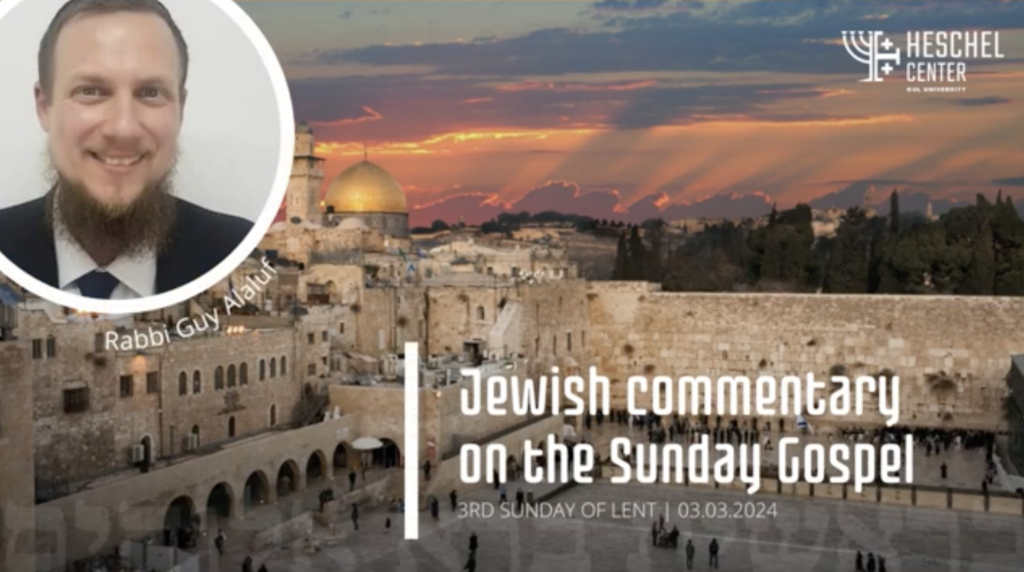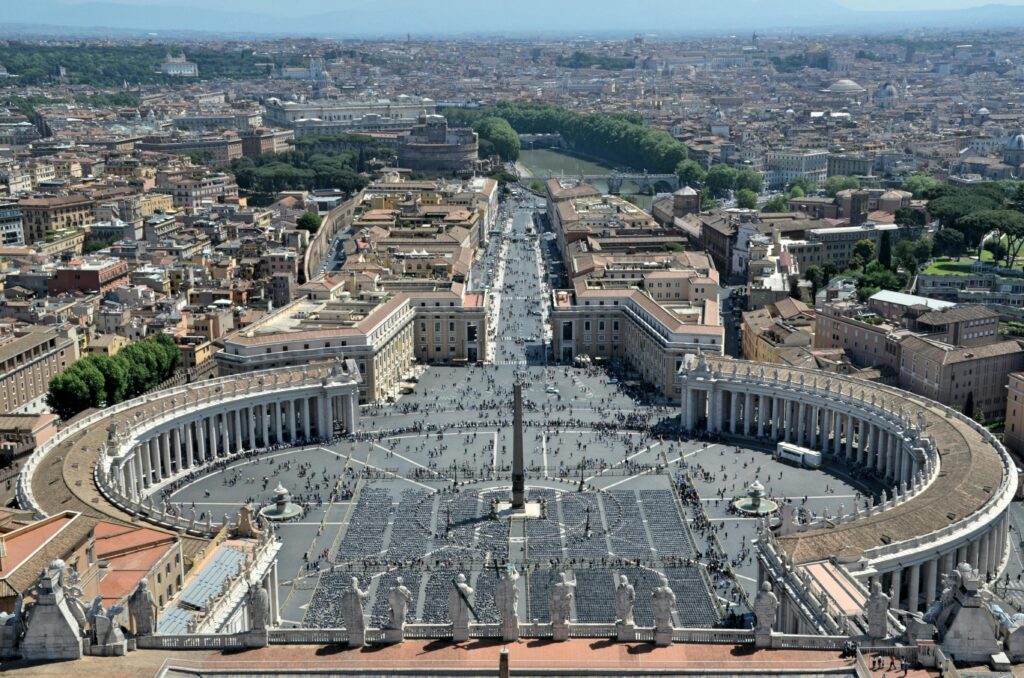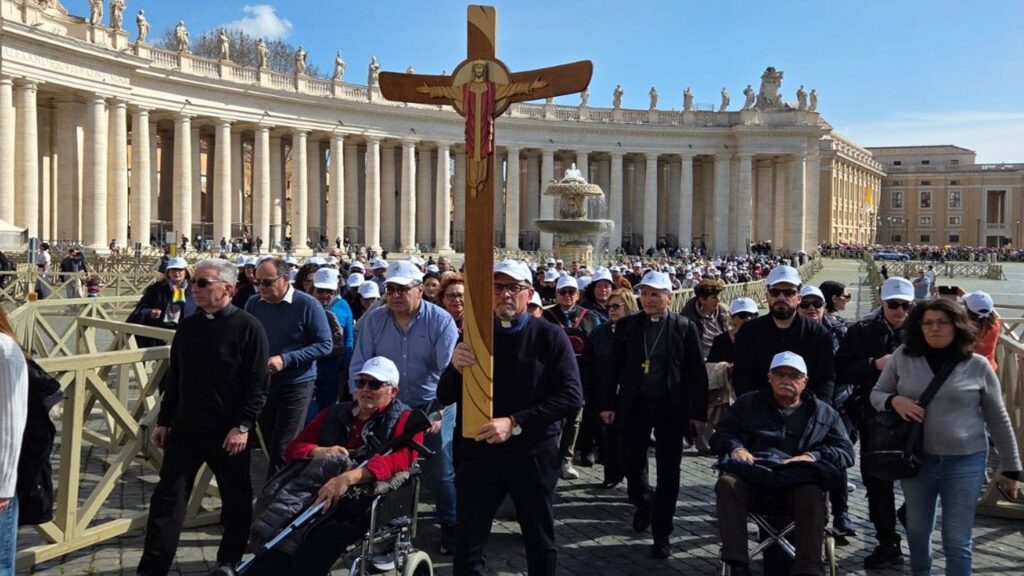Heschel Centre for Catholic-Jewish Relations at the Catholic University of Lublin
03 March, 2024
3 min
Jesus and Jewish scholars on attitudes toward Temple commerce
Sunday's Gospel

Jesus expels merchants and money changers from the Temple. However, a crucial question arises: is this criticism a general indictment of all Jews in the time of Jesus, or is it specifically targeted at the temple’s priests? – Orthodox Rabbi Guy Alaluf answers this question in a commentary for the Heschel Center, referring to the words of the Gospel of the Third Sunday of Lent and the teachings of Jewish thinkers of the Second Temple era.
We publish the entire commentary on the Gospel reading on March 3, 2024.
Today, we will delve into the cleansing of the temple as recounted in the Gospel of John 2, 13-25. According to the narrative, Jesus enters the temple and expels the merchants and money changers, overturning their tables in the process.
Undoubtedly, the Gospel narrative expresses strong criticism towards the priests overseeing the temple. However, a crucial question arises: is this criticism a general indictment of all Jews in the time of Jesus, or is it specifically targeted at the temple’s priests? Throughout history, many have misconstrued these verses. I believe that verse 18, in which “The Jews then responded to him, ‘What sign can you show us to prove your authority to do all this?'” has led to misinterpretations. The use of the term “the Jews” might erroneously suggest a universal condemnation of all Jews.
As a matter of fact, the initial critics of the corruption in the temple were fellow Jews. Our sages, known as Haza”l, extensively criticized the corrupt practices within the Temple during Jesus’ time. Their disapproval was so severe that they attributed the Temple’s destruction to pervasive corruption, a sentiment echoed by Jesus in the Gospel.
The sages lamented the temple’s poor spiritual condition and called for a complete overhaul. They asserted, as mentioned at the beginning of the “Yuma” tractate, that even the high priest was corrupt and lacked knowledge of Jewish law. The situation reached a point where the sages doubted the high priest’s ability to perform the Yom Kippur service properly.
An intriguing parallel emerges between Jesus and the sages in verse 16, where Jesus says, “To those who sold doves, he said, ‘Get these out of here! Stop turning my Father’s house into a market!'” Jesus directs a detailed statement specifically at the dove sellers. In Jewish law (Mishna Sanhedrin 3, 3), there is a distinct mention of dove sellers, categorizing them among those disqualified from testifying. This may indicate a connection between the sages’ strict stance towards dove sellers and the Gospel’s portrayal of them desecrating the Temple.
In summary, comparing the words of Jesus with those of the sages reveals that the Gospel’s narrative is not a blanket condemnation of all Jews. Moreover, the sages themselves actively join in criticizing the corrupt practices within the Temple.
Rabbi Guy Alaluf is an Israeli Orthodox rabbi and a teacher who researches the relationship between Judaism and the Catholic Church. He leads Daath and Tvuna (Knowledge and Understanding) Orthodox Jewish Community in Rosh HaAyin, Israel.
Related

Holy Week 2025 at the Vatican: Calendar. Faith, Tradition, and a Long-Awaited Canonization
Exaudi Staff
02 April, 2025
1 min

Young Catholic Entrepreneurs: Stories of Faith, Courage, and Business Success
Javier Ferrer García
02 April, 2025
4 min

Echoes of the Jubilee of the Missionaries of Mercy
José María Montiu de Nuix
02 April, 2025
4 min

Discover Your Vocation: The Divine Path to a Full and Holy Life
Patricia Jiménez Ramírez
01 April, 2025
5 min
 (EN)
(EN)
 (ES)
(ES)
 (IT)
(IT)

